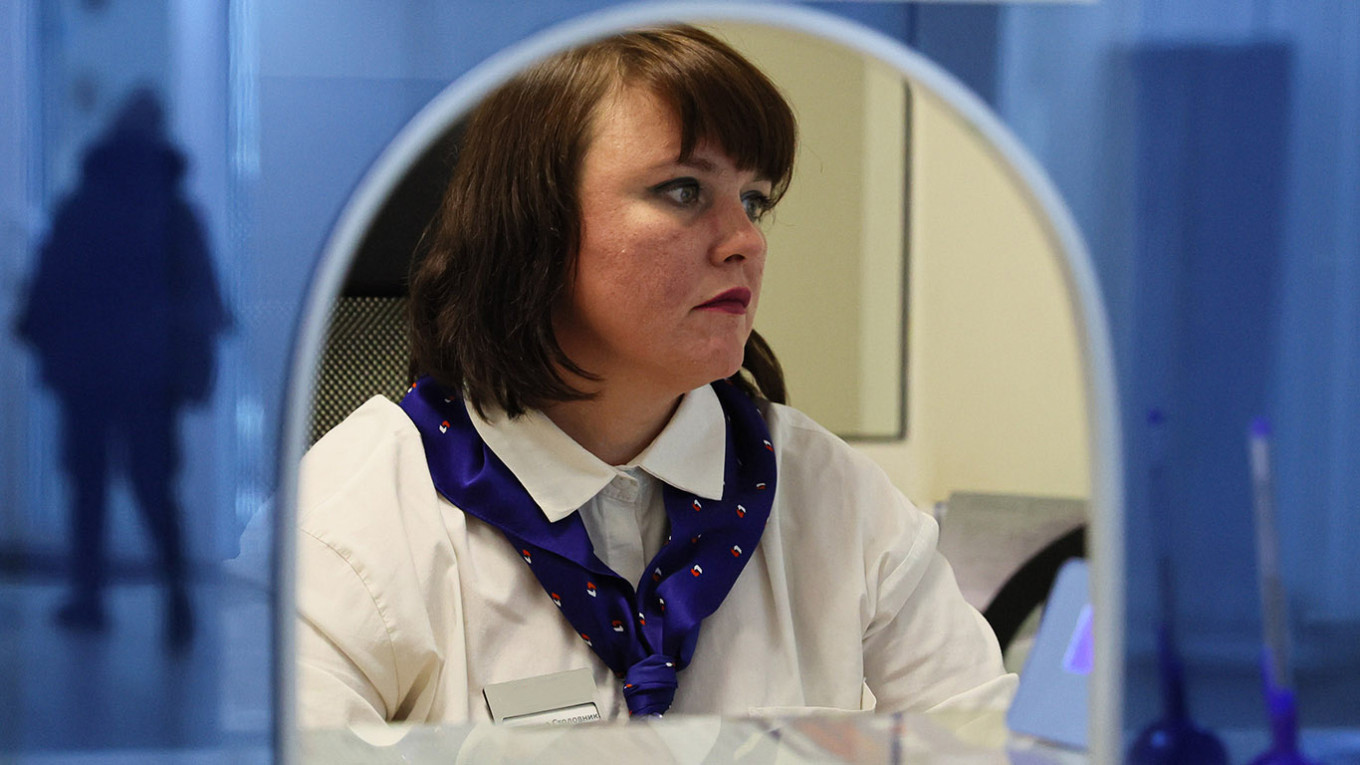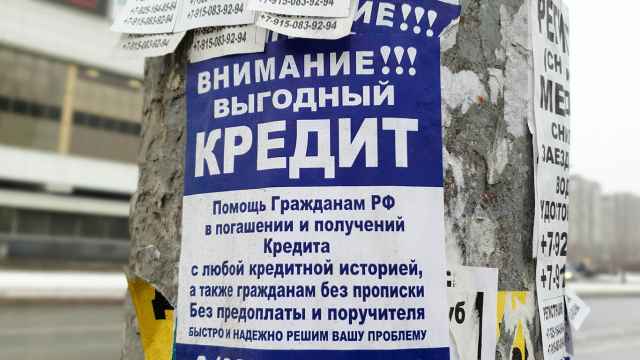Russia’s two largest lenders, Sberbank and VTB, reported a sharp increase in delinquencies on mortgage and unsecured consumer loans in the first quarter of 2025, according to their IFRS financial reports reviewed by the RBC news website.
At Sberbank, the volume of mortgage loans showing signs of distress surged 90% between January and March, reaching 285 billion rubles (around $3 billion). The share of troubled mortgages in the bank’s portfolio also doubled to 2.6%, the highest level since 2022.
Over the same period, overdue consumer loans rose 22.5% to 610 billion rubles, with the share of such loans in the portfolio increasing from 12.4% to 16.1%. Loans overdue by more than 90 days also reached a three-year high, rising from 9.3% to 10.4%.
VTB did not disclose exact figures for different categories of overdue loans, but its IFRS report indicated a deterioration in credit quality. The share of non-performing retail loans rose from 3.9% to 4.8% in the first quarter, according to RBC estimates.
Banking executives linked the trend to high interest rates.
“Clients who are willing to borrow at these elevated rates are also more likely to miss payments, including the 90-day threshold,” RBC quoted VTB First Deputy Chairman Dmitry Pyanov as saying.
Sberbank expressed surprise at the decline in payment discipline, noting that many of the borrowers now in default had previously consistently made payments on time.
“In the first quarter, we saw that the exits [to delinquency] are not only for new loans. Clients who had previously been servicing their loans for a fairly long period also began to go into delinquency gradually,” said Taras Skvortsov, Sberbank’s deputy chairman and chief financial officer.
He added that this is connected, among other factors, to “some borrowers leaving for the special military operation,” a reference to the war in Ukraine.
Analysts, meanwhile, pointed to a combination of factors driving the uptick in delinquencies.
Mikhail Polukhin, director of the financial institutions ratings group at ACRA, told RBC that the issue is a result of both high interest rates and a reduction in opportunities for borrowers to refinance.
“The Central Bank’s tighter macroprudential policies have curtailed the riskiest types of lending and limited refinancing options for financially vulnerable borrowers,” he said.
These policies, along with persistently high interest rates, are likely to keep pressure on household finances. However, ACRA does not currently expect a major crisis in retail lending.
The delinquency rates for both mortgages and consumer loans are still manageable, agreed Ivan Ukleyin, senior director for bank ratings at Expert RA. He added that banks are unlikely to sell off bad debts to collectors in the near term, as the current high key interest rate makes such transactions financially unattractive.
A Message from The Moscow Times:
Dear readers,
We are facing unprecedented challenges. Russia's Prosecutor General's Office has designated The Moscow Times as an "undesirable" organization, criminalizing our work and putting our staff at risk of prosecution. This follows our earlier unjust labeling as a "foreign agent."
These actions are direct attempts to silence independent journalism in Russia. The authorities claim our work "discredits the decisions of the Russian leadership." We see things differently: we strive to provide accurate, unbiased reporting on Russia.
We, the journalists of The Moscow Times, refuse to be silenced. But to continue our work, we need your help.
Your support, no matter how small, makes a world of difference. If you can, please support us monthly starting from just $2. It's quick to set up, and every contribution makes a significant impact.
By supporting The Moscow Times, you're defending open, independent journalism in the face of repression. Thank you for standing with us.
Remind me later.






